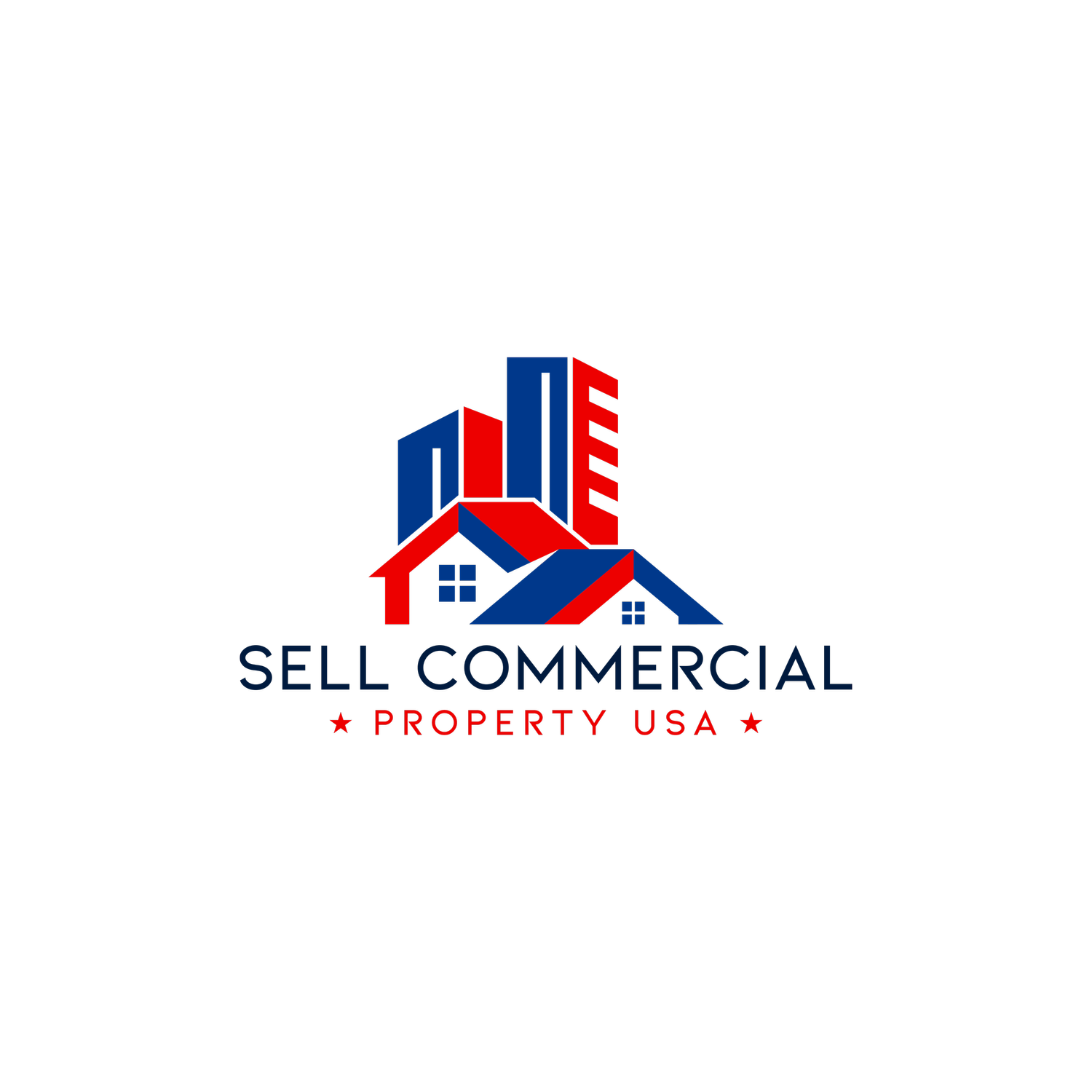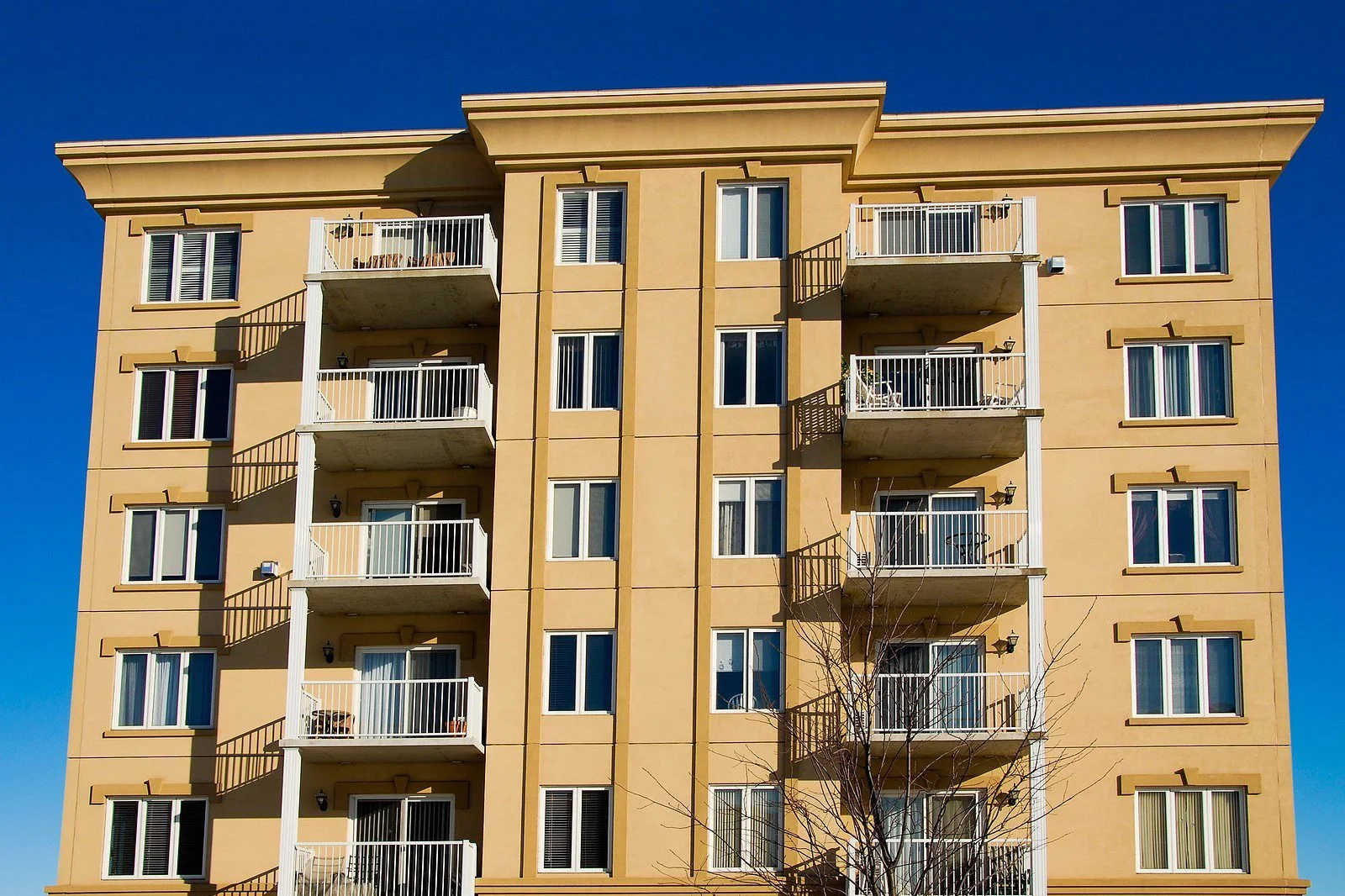Tips For Selling an Apartment Building or Complex
Selling an apartment building or multifamily complex is far more involved than selling a single-family home. The stakes are higher, the buyer pool is more specialized, and the transaction process is typically more complex. Whether you’re an experienced real estate investor or selling your first apartment complex, a well-planned strategy can make the difference between a quick sale and a long, drawn-out process.
This guide shares practical tips on how to prepare, market, and sell your apartment building successfully while maximizing your return on investment (ROI).
Why Selling an Apartment Complex is Different
When you sell a multifamily property, you’re not just selling real estate—you’re selling an investment opportunity. Potential buyers are usually investors or real estate firms who focus on numbers and long-term income potential, rather than just the building itself.
Key differences include:
Property valuation methods: Apartment complexes are valued primarily based on operating income and cap rates, not just comparable sales like single-family homes.
Target buyers: The pool includes investors, private equity groups, and institutional buyers rather than individual homeowners.
Longer due diligence: Buyers often conduct deeper financial and property inspections, meaning the closing timeline is typically longer.
By understanding these differences, you’ll be better prepared to position your property as an attractive investment.
Research the Multifamily Real Estate Market
Before listing your apartment complex, take time to study the commercial real estate market in your area. Look at recent multifamily property sales, rental demand, and average cap rates.
Important factors to consider:
Cap rates: Used to measure income potential.
Local rental demand: Are rents rising or stagnant?
Comparable sales: What are similar apartment buildings selling for?
Working with a commercial real estate broker or appraiser can help you set a competitive price that attracts serious buyers while maximizing your profit.
How to Prepare Your Apartment Building for Sale
1. Organize Financial Documents
Investors want proof of performance. Ensure all financial records are updated and easy to verify. Essential documents include:
Rent rolls and tenant histories
Profit and loss (P&L) statements for 1–2 years
Maintenance and repair logs
Utility and tax records
Any inconsistencies could reduce trust and lower your sale price.
2. Handle Inspections in Advance
Don’t wait for buyers to uncover issues. Conduct a pre-inspection and repair any visible problems. Ensure all units meet building codes, as this will build confidence during negotiations.
3. Enhance Curb Appeal
First impressions can influence both investors and tenants. Consider:
Fresh paint on exterior walls
Landscaping upgrades
Clean common areas like lobbies and hallways
These relatively small improvements can make your property appear well-maintained and investor-ready.
4. Review Lease Structures
Buyers prefer stable, long-term tenants. Too many month-to-month leases or below-market rents can make your building less attractive. Aim for steady occupancy and balanced lease agreements before listing.
Marketing Your Multifamily Property
Identify Your Ideal Buyer
Different types of buyers may be interested in your apartment complex:
First-time investors – often looking for smaller multifamily properties.
Seasoned investors – seeking to expand their portfolios with larger complexes.
Institutional buyers (REITs, private equity firms) – focusing on high-value, high-income opportunities.
Tailoring your marketing approach to these groups ensures you highlight what matters most to them.
Showcase Investment Potential
Investors care about profitability. Highlight opportunities such as:
Rent increases if current rents are below market.
Untapped amenities like parking, rooftop access, or storage spaces.
Renovation potential to justify higher rents.
Use the Right Platforms
Go beyond residential listing sites. Market your property through:
Commercial real estate platforms like LoopNet, Crexi, and CoStar
Investor forums and networks
Commercial brokers who specialize in multifamily real estate
Offer Virtual Tours & Financial Projections
High-quality visuals and transparent financial data can make your property stand out. Consider offering:
3D virtual tours of units and amenities
Clear ROI projections showing potential income growth
Navigating the Sales Process
Price accurately: Overpricing can drive buyers away, while underpricing may cost you thousands. Work with professionals to strike the right balance.
Negotiate wisely: Evaluate not only the offer price but also terms, financing contingencies, and closing timelines.
Work with experts: Having a commercial broker, attorney, and accountant ensures you avoid costly mistakes.
Conclusion
Selling an apartment building requires preparation, market knowledge, and the right strategy. By organizing your financials, improving property appeal, and targeting the right buyer pool, you’ll increase your chances of a smooth transaction and maximum profit.
If you’re ready to sell your apartment complex, consult with experienced commercial real estate professionals who can guide you from valuation to closing. With the right approach, you’ll attract serious buyers and sell your multifamily property faster and at the best possible price.

